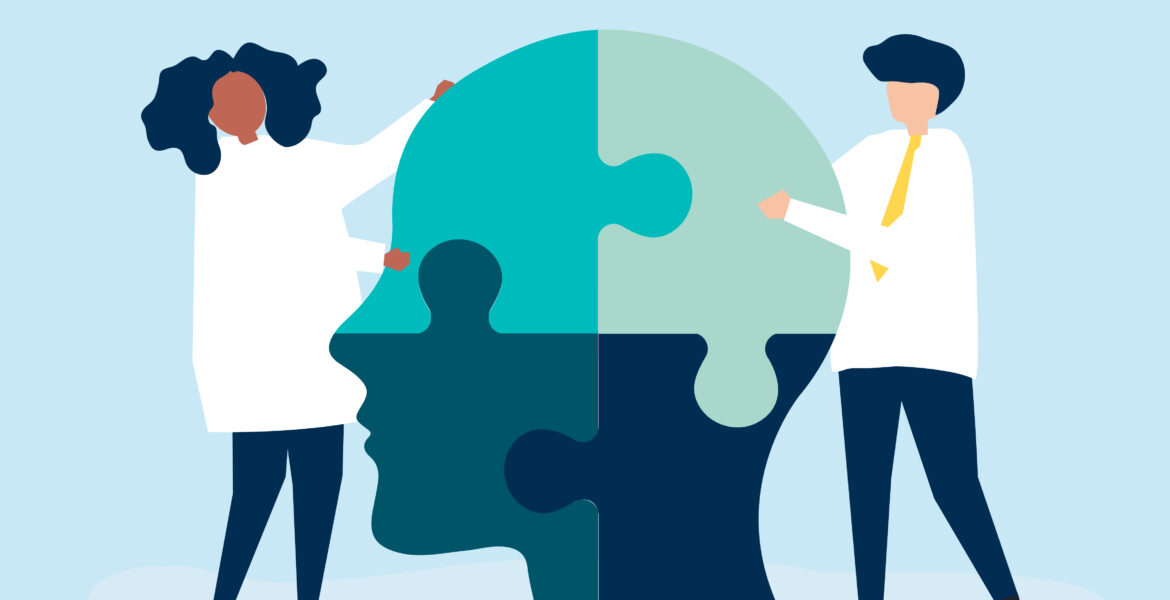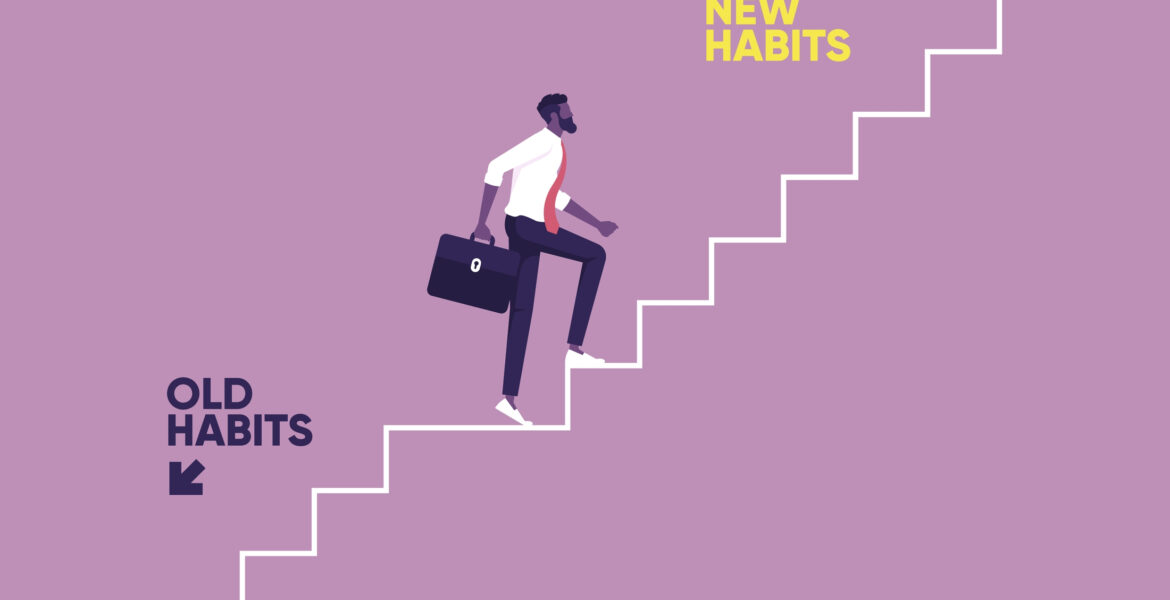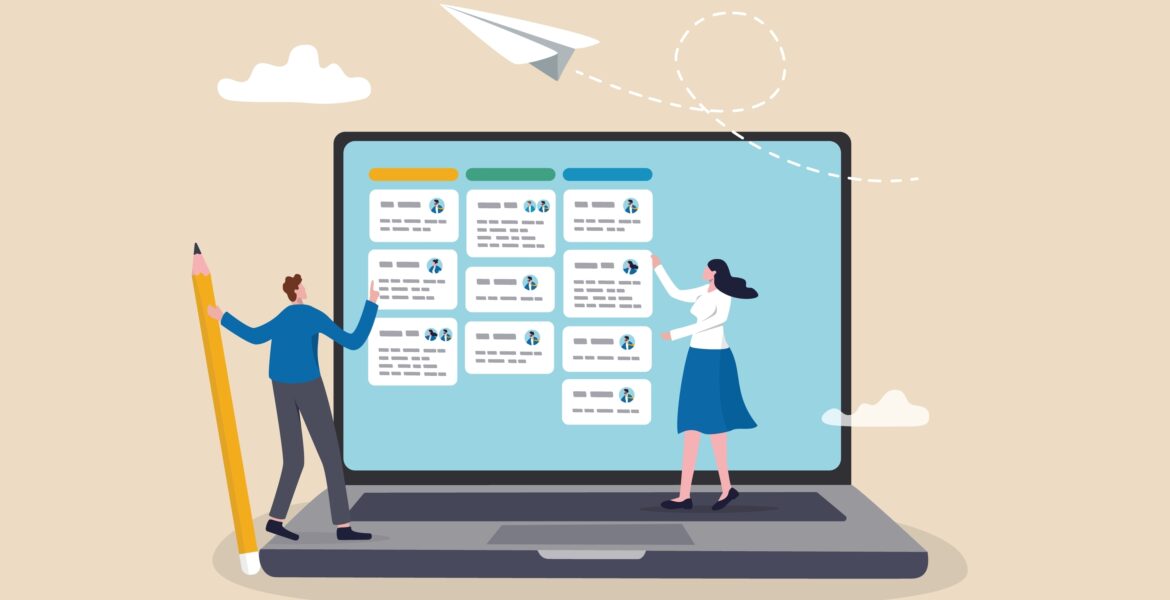1. The Power of Networking
Networking is a powerful tool for professional development. You can gain invaluable insights, knowledge, and opportunities by connecting with other professionals.
You can build relationships with other professionals who can help you further your career through networking. In addition, these relationships can provide mentorship, advice, and access to resources you might not otherwise have.
In addition, networking can help you to identify new opportunities, such as job openings, projects, or speaking engagements. Meeting new people and expanding your professional network can significantly increase your chances of success.
Finally, networking can be a great way to meet new people and make new friends. Therefore, building a solid network of professional contacts is more important than ever in today’s increasingly global and competitive world.











